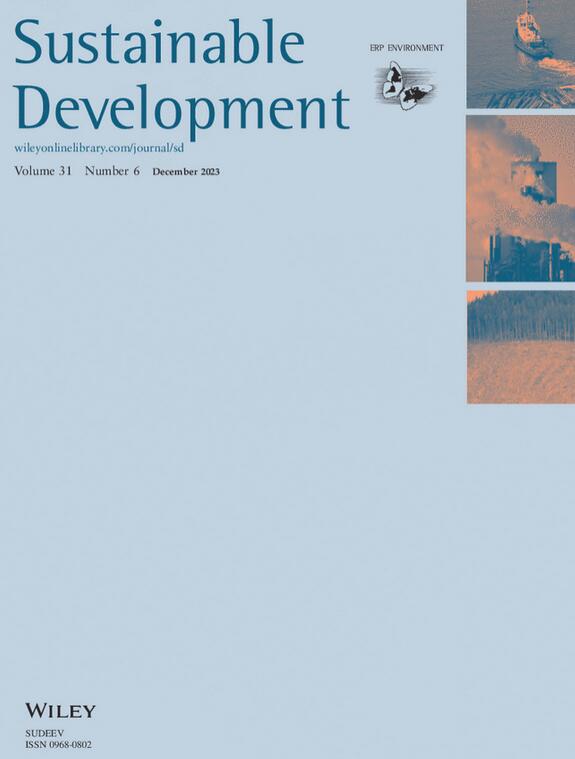网络媒体效应在后大流行时代动物保护机构可持续发展中的作用:刺激-机体-反应范式
IF 8.2
1区 环境科学与生态学
Q1 DEVELOPMENT STUDIES
引用次数: 0
摘要
2019 年冠状病毒病的爆发导致全球各大城市实施封锁和待业令,动物保护机构的门票收入也因此骤减。相应地,动物的饲养和护理成本仍难以为继,再次爆发疫情和封锁的威胁挥之不去。为此,本研究调查了网络媒体对动物保护机构(如动物园)在后疫情时代可持续发展的有效性。本研究通过在线调查共收集了 321 份实际游客的回复,并使用 PLS-SEM 进行数据分析。研究以刺激-机体-反应(S-O-R)理论为框架,探讨动物保护机构的内容特征和网络名人对游客内部机制及其行为反应的影响。刺激因素包括网络内容特征和动物名人属性。机体因素包括游客的内部机制,如对生态环境的态度、信任和享乐主义价值观。关键行为反应包括订阅官方渠道、参观机构和捐款。研究结果证实,网络媒体(内容属性和名人属性)是个体有机体的前因,进而导致捐赠等溢出效应。本研究还提供了对学术研究和实践的启示。本文章由计算机程序翻译,如有差异,请以英文原文为准。
The role of internet media effects in the sustainable development of animal conservation institutions during the post‐pandemic era: Stimulus‐organism‐response paradigm
The coronavirus disease 2019 outbreak has led cities worldwide to implement lockdowns and stay‐at‐home orders, which has caused a sudden cessation of revenue generation from ticket sales at animal conservation institutions. Accordingly, the cost of feeding and caring for the animals remains unsustainable, and the threat of another outbreak and lockdowns lingers. To this end, the present study investigates the effectiveness of internet media for the sustainable development of animal conservation institutions (e.g., zoos) in the post‐pandemic era. A total of 321 actual visitors' responses were collected through an online survey, and PLS‐SEM was used for the data analysis. The stimulus‐organism‐response (S‐O‐R) theory was used as the framework to explore the effects of content characteristics and internet celebrities in animal conservation institutions on visitors' internal mechanisms and their behavioral responses. Stimulus factors were internet content characteristics and animal celebrities' attributes. Organism factors included visitors' internal mechanisms, such as the attitude toward the ecological environment, trust, and hedonic values. Critical behavioral responses of subscribing to the official channels, visiting the institutions, and making donations were considered. The findings confirm the influence of internet media (content attributes and celebrity attributes) as an antecedent to individual organisms, which in turn leads to spillover effects such as donations. Implications for academic research and practice are provided.
求助全文
通过发布文献求助,成功后即可免费获取论文全文。
去求助
来源期刊

Sustainable Development
Multiple-
CiteScore
17.30
自引率
11.20%
发文量
168
期刊介绍:
Sustainable Development is a publication that takes an interdisciplinary approach to explore and propose strategies for achieving sustainable development. Our aim is to discuss and address the challenges associated with sustainable development and the Sustainable Development Goals. All submissions are subjected to a thorough review process to ensure that our readers receive valuable and original content of the highest caliber.
 求助内容:
求助内容: 应助结果提醒方式:
应助结果提醒方式:


